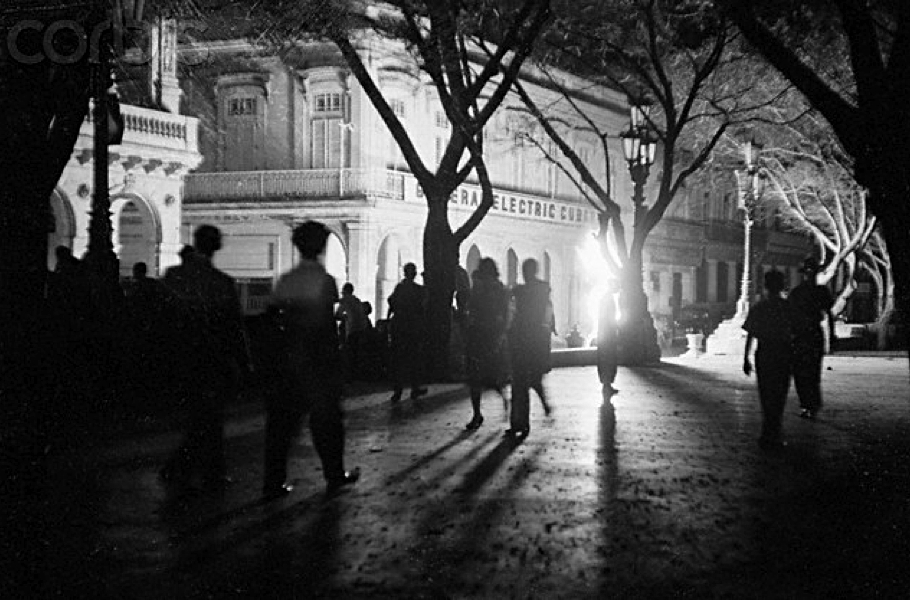April 9, 1958
Castro picked the tenth anniversary of the Bogotazo as the day for the strike that would be “the final blow against the dictatorship” of Batista. Castro’s call for his much-vaunted general strike by all Cuban workers was universally ignored, a very visible failure demonstrating Castro and M-26-7 support by Cubans (and particularly Cuban workers) was much smaller than claimed by Castro and reported by his allies. Even his press sympathizers had to acknowledge the total failure of the much heralded “final blow” that would bring down Batista.
US Embassy analysis of strike failure has been gathered and published by de la Cova. The US analysts concluded that the major causes were poor planning and organization by M-26-7 and lack of Castro support by the Cuban people and the trade unions.
Cuba’s labor movement was not merely unsupportive of Castro or his strike call, they were staunch opponents and strong Batista supporters. Union chief Eusebio Mujal (an ex-communist turned strongly anti-communist) was a staunch Batista ally and supporter. Cuba’s trade unions and leadership remained one of the strongest anti-Communist/anti-Castro blocks until the Castro regime purged their leadership and brought them under state control.
Castro’s first attempt at explaining the failure was to claim its failure was a result of threatened deadly force by the “brutal tyrant Batista” against strikers. This explanation was not convincing, since everyone was aware Castro had threatened workers who didn’t strike with death. Moreover, police force could not have prevailed against a clear majority of workers. The next explanation, which endured, was that it was the fault of the Strike Coordinator chosen by Castro himself, Faustino Pérez. Early M-26-7 communiques denounced Pérez as a “traitor” for bungling strike plans, command and control. A contemporaneous Time story is interesting in including both explanations. In the evolving explanations for the failure, a week later Castro also attacked Prio for “living in luxury in Miami" while the rebels fought on bravely, despite severe shortages of military supplies and food.
By the end of the month it was apparent that the failure was a major setback with deep impact for Castro and M-26-7. As Time reported:
There was no doubt that the rebels were hurt, and they showed it. From the chief himself came a summons to his six top provincial lieutenants to head back to the Sierra Maestra, presumably for an agonizing reappraisal. The total failure of Castro's touted "total war" had highlighted 1) his weakness in practical organizing ability, and 2) the movement's lack of a social program to attract Cuba's labor and its Negroes (25% of the total population, some 40% of Oriente's). Said a wealthy, aging Havana rebel last week: "From now on, if Castro wants our money he'll have to take our advice along with it. The days of blind Fidelismo are over."
 | |
| Faustino Pérez, Havana 1959 (photo: Joseph Scherschel/LIFE) | Rebel fire bombing, Prado Park Havana 9 April 1958 (photo: Bettmann/CORBIS) |
based on Manuel Márquez-Sterling's Cuba 1952-1959 and
Cuba 1952-1959 Interactive Timeline
Cuba 1952-1959 Interactive Timeline


 Mobile subscription
Mobile subscription



No comments:
Post a Comment